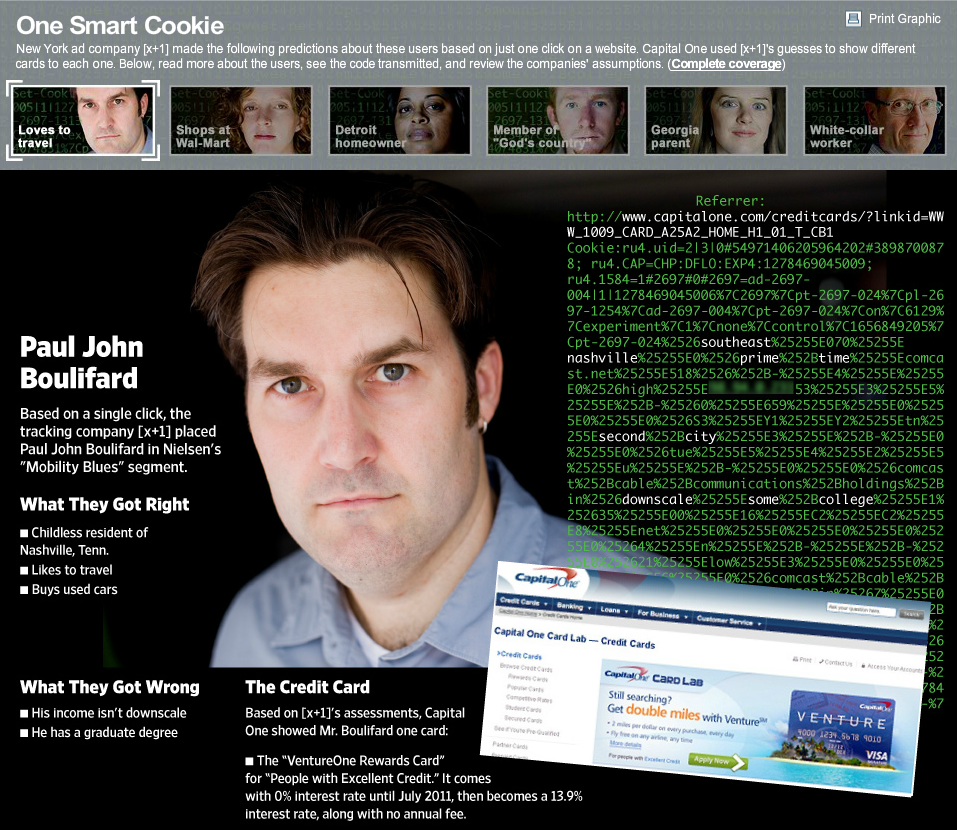WikiLeaks’ Backer’s Information Sought
The Wall Street Journal, Page One
The U.S. government has obtained a controversial type of secret court order to force Google Inc. and small Internet provider Sonic.net Inc. to turn over information from the email accounts of WikiLeaks volunteer Jacob Appelbaum, according to documents reviewed by The Wall Street Journal.
Read more at The Wall Street Journal and see the full What They Know series online.
Plus, more on Sonic.net, the little ISP that stood up to the government.




